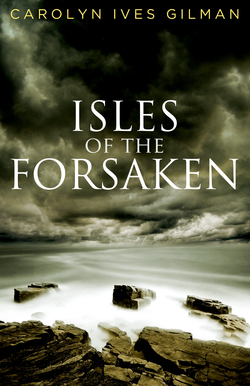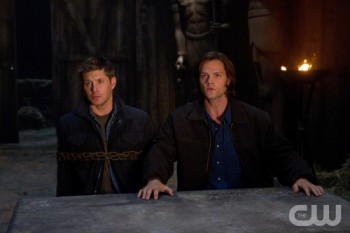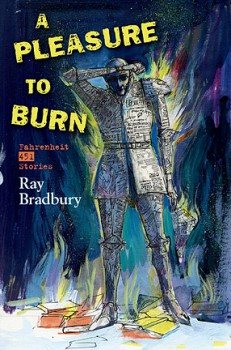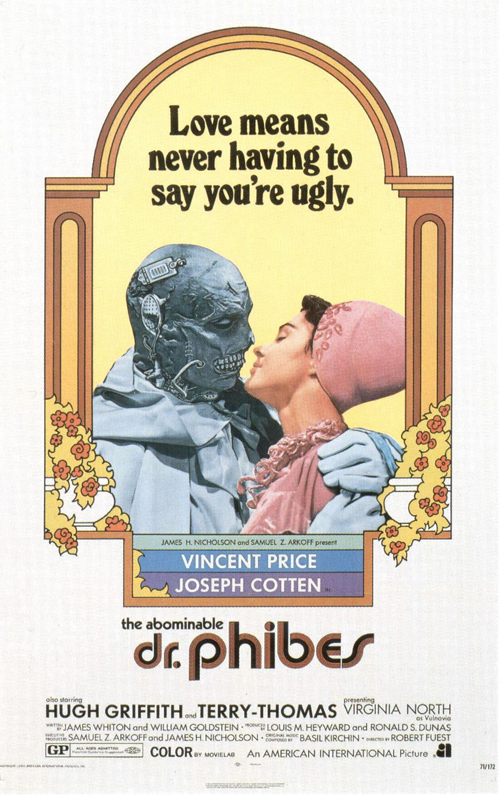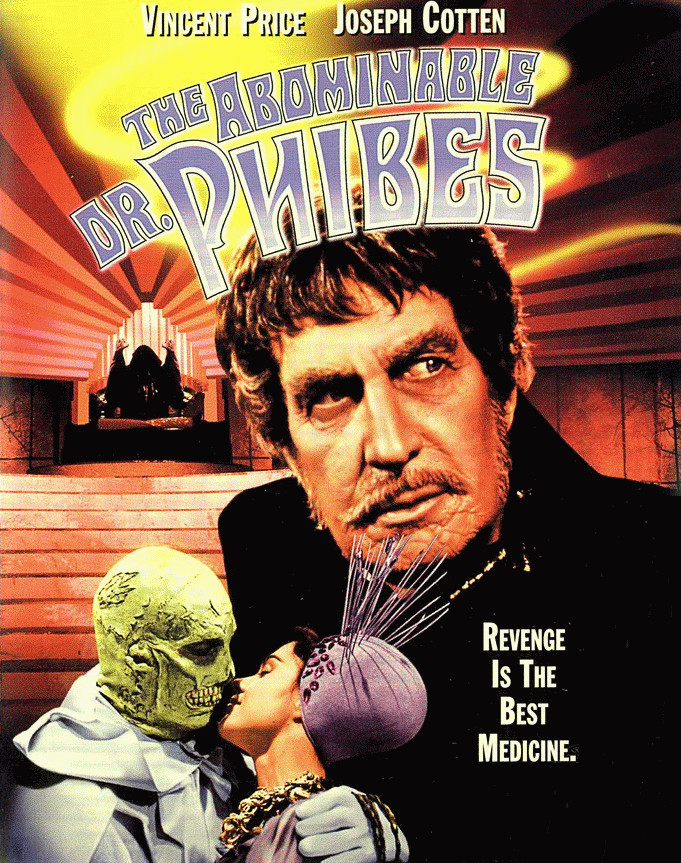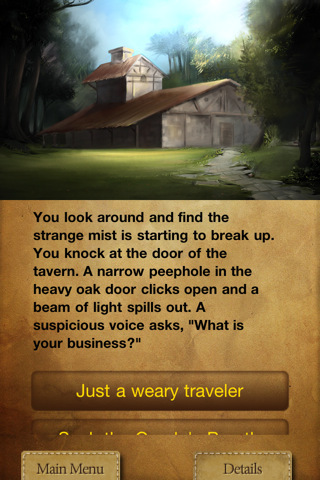Movie Review: It Don’t Mean The Thing if It Ain’t Got That Swing
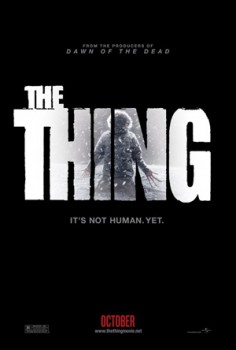 The Thing (2011)
The Thing (2011)
Directed by Matthijs van Heijningen Jr. Starring Mary Elizabeth Winstead, Joel Edgerton, Ulrich Thomsen.
A dialogue that occurs in the 1982 John Carpenter movie The Thing, as scientist Blair (Wilford Brimley) explains the nature of the twisted dog-mass corpse on his operating table:
Blair: See what were talking about here is an organism that imitates other life-forms, and imitates them perfectly. When this thing attacked our dogs it tried to digest them, absorb them, and in the process shape its own cells to imitate them. This, for instance … [points to bone] That’s not dog. It’s imitation. We got to it before it had time to finish.
Norris: Finish what?
Blair: Finish imitating these dogs.
Now imagine this conversation repurposed slightly:
Blair: See what were talking about here is a movie that imitates a popular movie with enormous name-recognition, and imitates it outwardly perfectly, while inwardly lacking its essential qualities. When it attacked John Carpenter’s The Thing it tried to digest it, and in the process shape its screenplay to imitate it while masquerading as a prequel. This, for instance … [points to film on screen] That’s not The Thing or a prequel to it. It’s a cosmetic imitation. We didn’t get to it before it finished.
Norris: Finished what?
Blair: Finished re-making The Thing while pretending that it wasn’t.
And so my review is finished.
But, if you want some further details, there is a bit more after the jump.
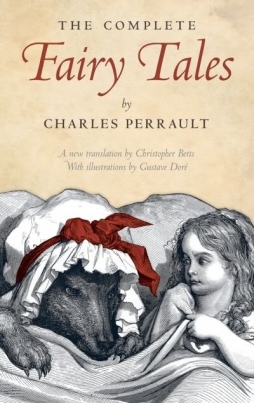 In my
In my 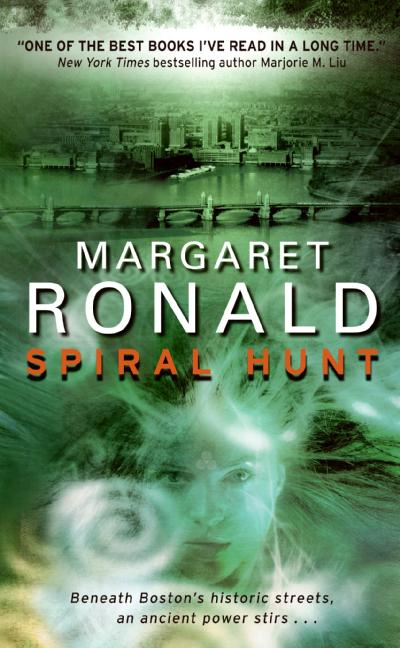 Spiral Hunt
Spiral Hunt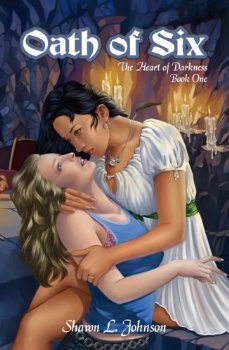 It took me years to complete the first draft of Oath of Six, the first volume in my fantasy series The Heart of Darkness.
It took me years to complete the first draft of Oath of Six, the first volume in my fantasy series The Heart of Darkness.